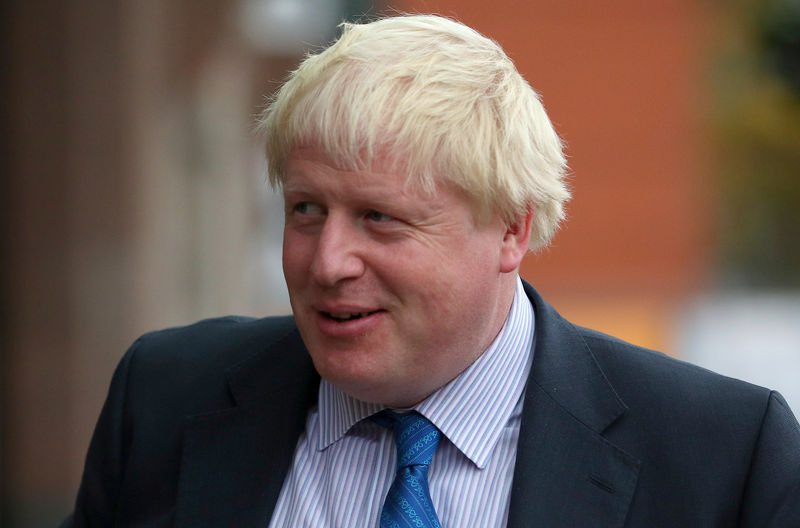MANILA (Reuters) - Most Filipinos believe only the poor are killed in their country's war on drugs, and want President Rodrigo Duterte to reveal the identity of alleged narcotics kingpins and charge them in court, a survey released on Monday showed.
The survey of 1,200 Filipinos by Social Weather Stations (SWS) conducted late in June also showed public opinion was split over the validity of police accounts of operations against illegal drugs that resulted in deaths.
More than 3,800 people have been killed during Duterte's 15-month-old crackdown, all during police operations.
Human rights group say the death toll is much higher and the official figures overlook murders attributed to shadowy vigilantes. Some activists say unknown gunmen have collaborated with police to kill drug dealers and users.
Police and the government vehemently reject those allegations and accuse critics of exaggerating the death toll for political gain.
The high death toll in Duterte's fight against crime and drugs, a key election plank, has stoked international alarm, although domestic polls have shown Filipinos are largely supportive of the tough measures.
The crackdown has come under heavy scrutiny of late, prompted largely by the police killing of a 17-year-old student on August 16. Two witnesses on Monday told a senate inquiry they saw police officers kill another teenager arrested earlier in the same area for robbery.
In both teen killings, however, police said the victims had violently resisted arrest. A third teenager arrested with the second victim was found dead with 30 stab wounds in a province about a three-hour drive away from the capital.
Duterte has several times brandished what he called a file on 6,000 alleged druglords at the center of the country's trade. In the SWS survey, 74 percent of respondents said they wanted him to make that list public.
The survey also showed 60 percent agreed with the statement that only poor drug pushers were killed.
Duterte, who enjoys huge support among working class Filipinos, has been angered by critics who characterized his campaign as a war against the poor.
The survey also showed nearly half of respondents were undecided whether police were telling the truth when saying that drugs war deaths happened only when suspects refused to go quietly.
Twenty-eight percent said the police were lying but a quarter believed they were being honest.

The Philippines, extremely sensitive about foreign criticism of its drugs war, last week accused the West of bias, hypocrisy and interference after 39 nations, most of them European, expressed concern about the drug-related killings.